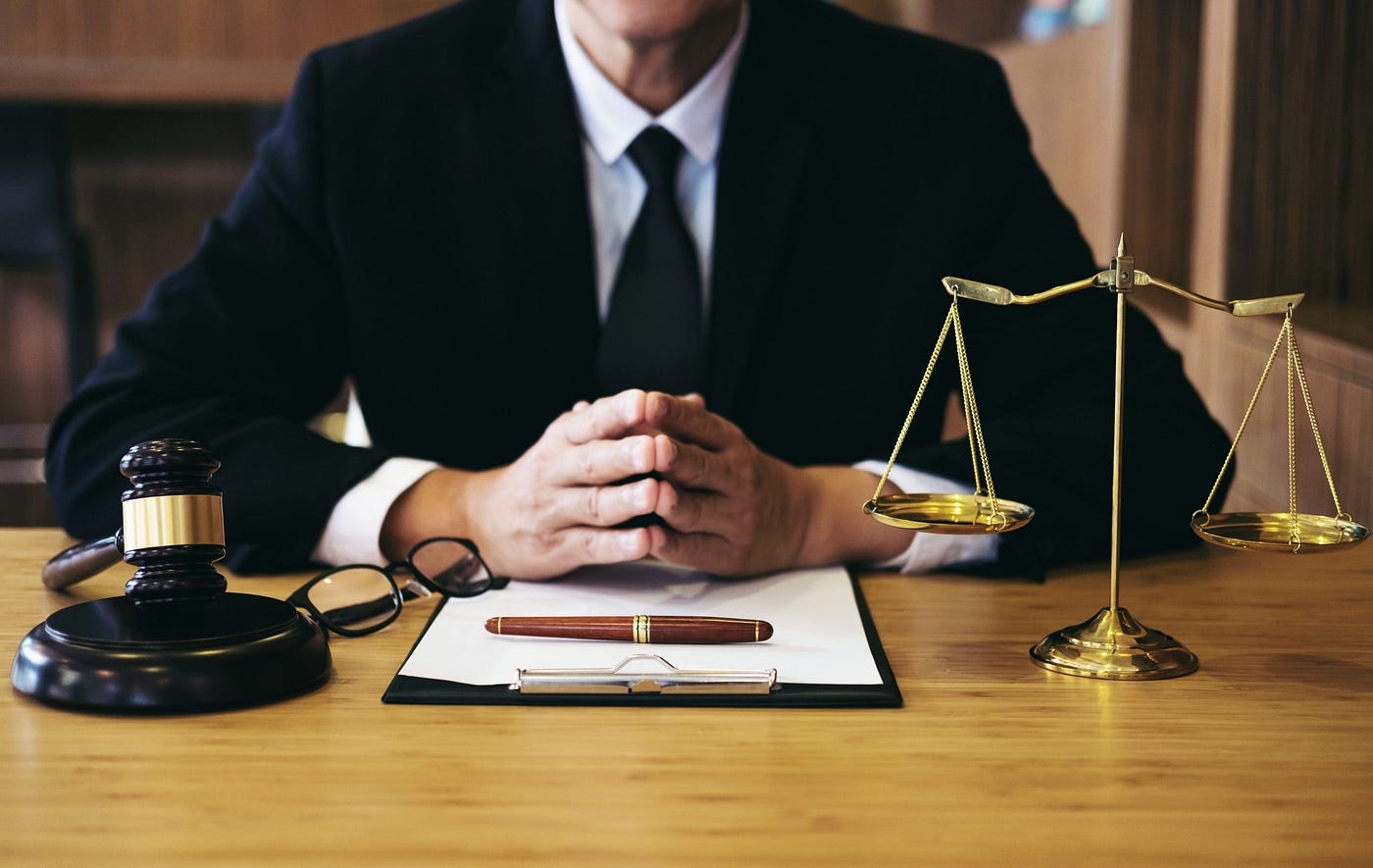Understanding the Different Roles of Appeal Lawyers

Appeal lawyers play a crucial role in the legal system, gaining practical experience in exploring the complex territory of appeals and post-conviction proceedings. Their expertise lies in upholding for clients who try to challenge court decisions or convictions.
We should dive into the different roles these lawyers embrace to guarantee decency and justice in legal results.
-
Analyzing Case Records and Identifying Grounds for Appeal
One of the essential roles of appeal lawyers is to carefully review case records, including trial records, evidence, and legal reports. This process assists them with identifying possible errors or legal justification for appeal. They examine the trial proceedings to pinpoint issues like inappropriate jury guidelines, evidentiary missteps, or constitutional infringement that could warrant an appeal.
-
Crafting Appellate Briefs and Arguments
When expected reason for appeal are identified, appeal lawyers draft nitty gritty appellate briefs introducing legal arguments and precedents to support their client’s case. These briefs are extensive records that frame current realities of the case, legal issues, important laws, and influential arguments challenging the lower court’s decision.
Appeal lawyers utilize their expertise in legal exploration and writing to make convincing briefs that advocate for their client’s rights.
-
Presenting Oral Arguments in Appellate Courts
Appeal lawyers likewise play a crucial role in introducing oral arguments under the steady gaze of appellate courts. This includes articulating the central issues of the appeal, answering judges’ inquiries, and successfully supporting for their client’s situation.
Oral arguments require a profound comprehension of case law, legal standards, and the capacity to think rapidly and influentially under tension. Gifted appeal lawyers succeed in introducing compact and convincing oral arguments that can influence appellate judges.
-
Conducting Post-Conviction Investigations
As well as dealing with appeals, post-conviction lawyers specialize in directing exhaustive examinations to uncover new evidence or legal roads that could prompt upsetting convictions or getting new trials for their clients.
They might team up with agents, experts, and criminological experts to assemble crucial evidence or challenge the legitimacy of past evidence utilized in the trial. Post-conviction lawyers work energetically to uncover any injustices or errors that might have happened during the underlying trial proceedings.
-
Pursuing Habeas Corpus Petitions
One more fundamental role of post-conviction lawyers is chasing after habeas corpus petitions in the interest of their clients. Habeas corpus is a legal response that permits people to challenge the legality of their detainment or confinement.
Post-conviction lawyers document habeas petitions charging infringement of constitutional rights, inadequate help of direction, newfound evidence, or different justification for alleviation. These petitions are critical in looking for cures like another trial, resentencing, or even exemption.
-
Advocating for Fairness and Due Process
Most importantly, appeal lawyers, including post-conviction attorneys, act as advocates for decency, fair treatment, and the insurance of individual rights inside the legal system. They maintain the rule that each individual is qualified for a fair trial, able portrayal, and the valuable chance to challenge legal errors or injustices through the appellate process.
Appeal lawyers play a vital role in defending the respectability of the justice system and it are simply and fair to guarantee that legal results.
-
Collaborating with Legal Teams and Experts
Appeal lawyers frequently team up intimately with legal teams and well-informed authorities to reinforce their cases. They work with appellate trained professionals, specialists, criminological experts, and different professionals to accumulate and examine data, foster legal methodologies, and support their arguments.
This cooperative approach improves the profundity and nature of legal portrayal, guaranteeing that all parts of the appeal process are entirely tended to and supported by important expertise.
-
Managing Procedural Requirements and Deadlines
One more critical role of appeal lawyers is dealing with the procedural prerequisites and severe cutoff times related with appellate and post-conviction proceedings. They should comply with specific recording cutoff times, procedural rules, and court conventions to guarantee that appeals are ideal and appropriately introduced.
Appeal lawyers are skilled at exploring the complexities of appellate court techniques, including documenting movements, answering court requests, and meeting procedural prerequisites to stay away from potential traps that could imperil their clients’ cases.
-
Providing Strategic Guidance and Client Support
Past the legal perspectives, appeal lawyers additionally give strategic direction and support to their clients all through the appellate process. They make sense of the complexities of appellate law, frame likely results, and assist clients with arriving at informed conclusions about their cases.
Appeal lawyers offer consolation, answer questions, and advocate for their clients’ wellbeing at each phase of the appeal or post-conviction process. Their customized approach cultivates trust and empowers clients to explore the complexities of the legal system with certainty.
Generally, appeal lawyers, including post-conviction attorneys, play a multifaceted and vital role in the legal landscape. From examining case records and making powerful arguments to working together with legal teams, overseeing procedural prerequisites, and giving strategic direction, these professionals are instrumental in maintaining justice, safeguarding individual rights, and guaranteeing fair and impartial results inside the appellate and post-conviction domains.
Associations like Brownstone Appeal Lawyers exemplify the commitment, expertise, and advocacy fundamental to accomplishing positive outcomes for clients in the appellate and post-conviction fields.









